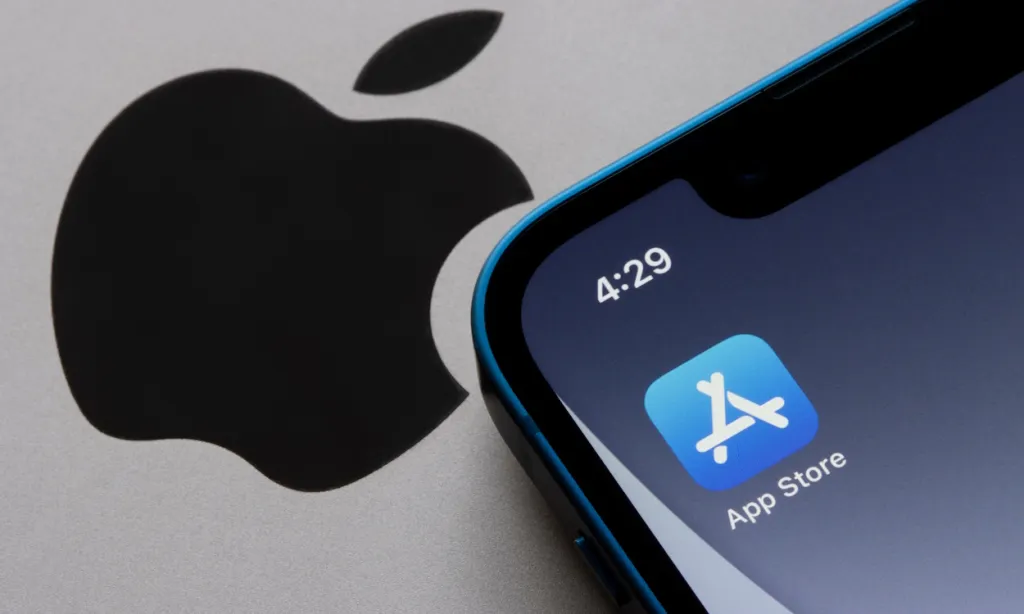Emulators are software applications that act as virtual machines, enabling users to run programs or video games designed for a different system. Recently, Apple’s decision to remove the popular GBA emulator, iGBA, from the App Store sparked confusion regarding the company’s stance on emulators. This article delves into the details of Apple’s new emulator policy, the reasons behind the iGBA takedown, and the lingering ambiguities surrounding this issue.
Apple’s New Emulator Policy: A Surprise Move
In a move that surprised many users, Apple updated its App Store guidelines to allow video game emulators. This policy shift signaled a potential change in Apple’s historically restrictive approach towards emulators. Historically, Apple has maintained tight control over the App Store, curating content and prohibiting apps that did not meet their specific guidelines. This new policy hinted at a more relaxed stance on emulators, potentially opening doors for a wider variety of gaming experiences on iPhones and iPads.
The iGBA Takedown: Copyright Concerns Take Center Stage
However, this newfound openness was short-lived. Shortly after the policy update, Apple removed iGBA from the App Store. The reason for this takedown stemmed from copyright infringement. Apple discovered that iGBA was a copy of the open-source GBA4iOS emulator. Their App Store guidelines strictly prohibit apps that violate copyright, and emulators that require users to download separate game ROMs fall under this category.
ROMs and Copyright: A Complex Issue
ROM stands for Read-Only Memory. ROMs are essentially digital copies of game cartridges, containing the game’s code and data. Since these ROMs often contain copyrighted material owned by the game’s developers and publishers, Apple considers them to be pirated content if downloaded without permission. In the case of iGBA, Apple likely determined that the emulator facilitated copyright infringement by allowing users to play games without purchasing them from the original copyright holders.
Unclear Areas in Apple’s Policy: A Case of Moving Targets?
Apple’s explanation regarding the iGBA takedown raises more questions than it answers. While they confirm that emulators requiring separate ROM downloads are not allowed, their statement about “old consoles” creates ambiguity. It seems that Apple might be permitting emulators for older gaming systems like the Game Boy Advance, but there’s no clear definition of what constitutes an “old console.” This lack of clarity leaves the fate of emulators for newer consoles like the Nintendo DS or 3DS uncertain.
A Diagram to Illustrate the Unclear Areas
Code snippet
graph LR
A[Apple's Emulator Policy] --> B{Allows emulators for "old consoles"}
B --> C{Unclear definition of "old console"}
C --> D{Fate of emulators for newer consoles (DS, 3DS) uncertain}
A --> E{Prohibits emulators requiring separate ROM downloads}
E --> F{Copyright infringement concerns}
Use code with caution.content_copy
This lack of clear guidelines creates a moving target for developers and leaves users confused. Developers are unsure what types of emulators are permissible, hindering innovation in this space. Users are left wondering which consoles will have approved emulators and how to legally access retro games on their Apple devices.
Possible Reasons Behind Apple’s Policy Shift: The EU’s Influence?
Experts speculate that Apple’s policy shift, followed by the iGBA takedown, might be a response to pressure from the European Union (EU). The EU has been advocating for a more open app ecosystem on iPhones, potentially allowing users to download apps from sources other than the App Store. Apple’s move to permit emulators, followed by the swift removal of iGBA due to copyright concerns, could be a way to appease the EU while maintaining control over content distribution on their devices.
Conclusion: Lingering Confusion and The Road Ahead
Apple’s recent actions regarding emulators have created a sense of confusion among developers and users alike. The removal of iGBA despite the new emulator policy highlights the complexities involved in copyright issues. The lack of clear guidelines regarding “old consoles” further muddies the waters. As we move forward, it remains to be seen how Apple will address these ambiguities and define the future of emulators on the App Store. Will they provide a clearer definition of “old consoles”? Will they find a way to allow for legal retro gaming experiences? Only time will tell how this situation unfolds.




